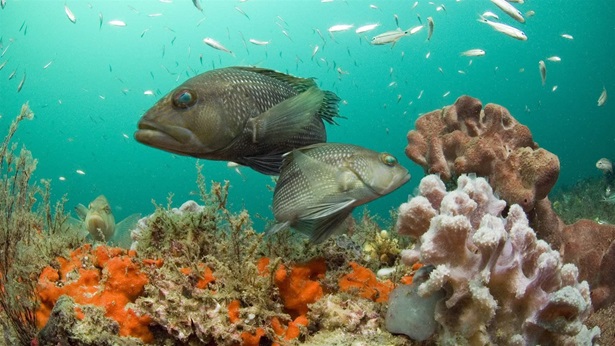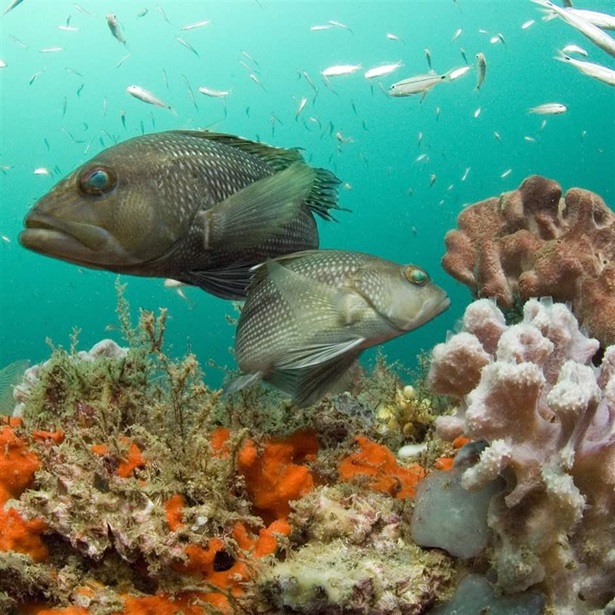Congress, Don’t Be Fooled: H.R. 200 Would Roll Back Magnuson-Stevens Act
Science and conservation must remain at the core of U.S. fisheries management
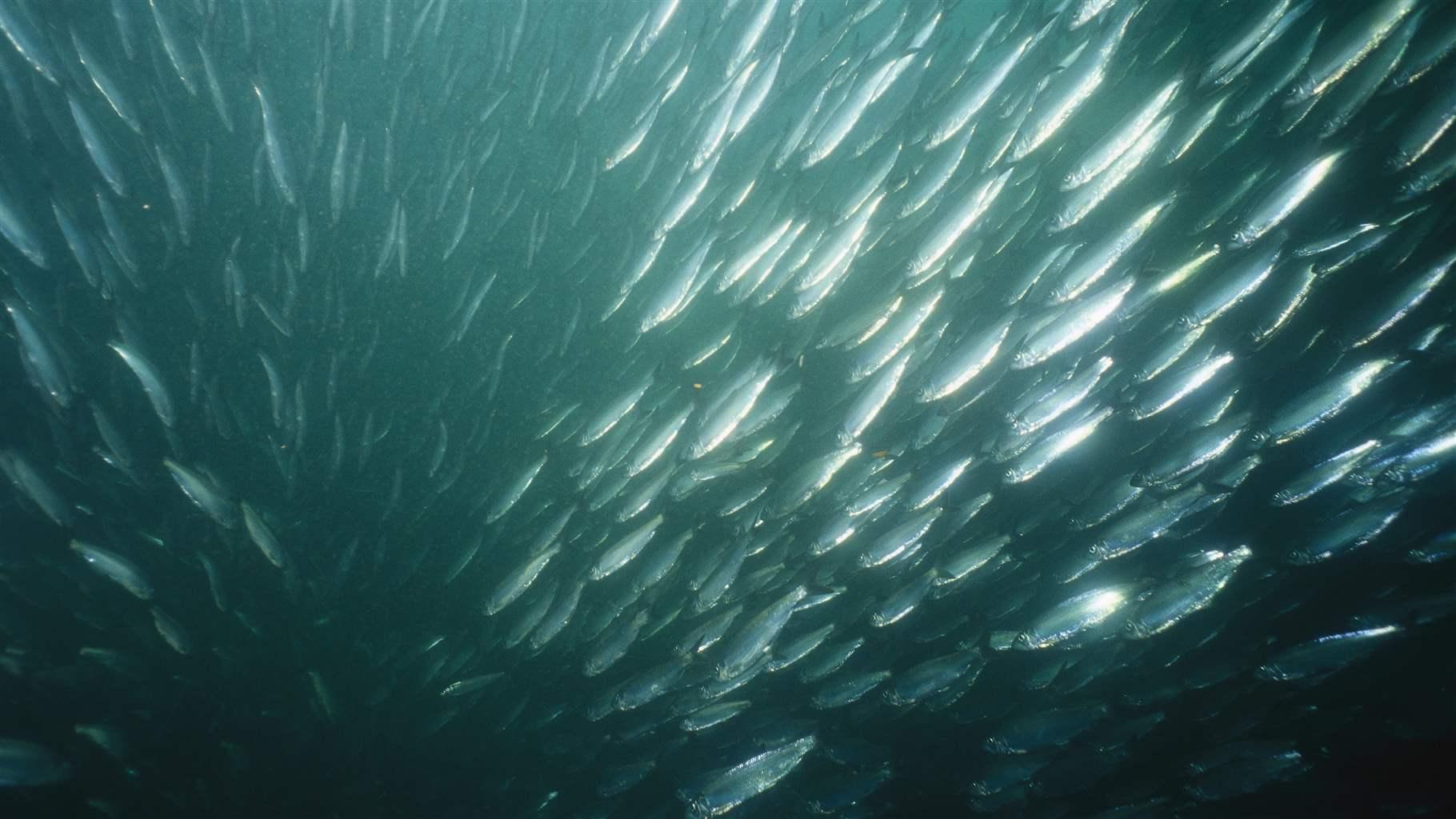
A bill that would weaken the nation’s primary fishery management law, the Magnuson-Stevens Fishery Conservation and Management Act, is likely to be debated on the floor of the U.S. House of Representatives this month.
Here are the facts on how H.R. 200 would undermine key parts of the Magnuson-Stevens Act (MSA), a law that has produced two decades of accelerating progress toward ending overfishing and rebuilding depleted ocean fish populations:
-
Establishing timelines for rebuilding depleted populations. When a fish population falls below a certain level, it is classified as overfished, and the MSA requires regional managers to create a plan to rebuild the species with a date for meeting the recovery goal. That timeline is based on science and accounts for environmental conditions and biological factors that can influence rebuilding, such as how long it takes the fish to reach reproductive age.>
Critics of the MSA claim that the law is rigid in requiring a short timeline, but the facts say otherwise: The average timeline for rebuilding plans is close to 20 years, and most plans have recovery timelines longer than 10 years. H.R. 200 would alter the law to allow exceptions to setting science-based rebuilding timelines. It would open the door for political and other considerations to influence a major element of recovery plans, allowing managers to set arbitrary timelines that could postpone the benefits of fully rebuilt stocks indefinitely. That’s why extending rebuilding timelines would be shortsighted and counterproductive.
-
Using science to set catch limits. Overfishing happens when more fish are caught than the population gained through reproduction. Over time, overfishing drives down fish stocks, triggering the provisions in the MSA that necessitate rebuilding. To prevent overfishing, the MSA requires managers to set science-based annual catch limits. H.R. 200 would exempt more fish populations from the requirement to establish science-based catch limits—which would increase the risk of overfishing.
Many sources of information are considered when determining catch limits, including data from fishermen, surveys from research vessels, and independent sampling. When limited data are available, scientists and fishery managers use models and other techniques to set appropriate catch limits. Although overfishing in U.S. waters has declined over the past two decades, 30 fish populations nationwide still experienced overfishing last year. To improve how we manage fisheries, we need more science, not less. Weakening the role of science in annual catch limits is a gamble not worth taking.
-
Balancing regional and national interests. Despite the misperception that ocean fishing rules are determined by the federal government, ocean fisheries management is in fact highly responsive to regional and local interests. Eight fishery management councils develop fishing rules that reflect the unique perspectives and needs of their regions while adhering to the requirements of the MSA.
Councils are composed of the regional administrator from the National Oceanic and Atmospheric Administration (NOAA); state marine, fish, or wildlife resource directors; recreational and commercial fishermen; and others in the region with knowledge of fishery conservation. Many members are first nominated by their state’s governor and then selected by the U.S. secretary of commerce. Fishery management plans and rules passed by councils are submitted to NOAA and the commerce secretary to be reviewed and finalized. H.R. 200 would disrupt this local, state, and federal collaboration for the management of red snapper in the Gulf of Mexico, establishing a troubling precedent by undercutting the national interest in sustainable management of ocean fish populations.
The last two bipartisan updates to the MSA, in 1996 and 2006, improved the country’s performance in managing fisheries by strengthening the law’s scientific and conservation provisions. And the next update should continue to move us in that direction so we can meet the challenges of better conserving forage fish, minimizing bycatch, protecting fish habitat, and embracing an ecosystem-wide perspective when making fisheries decisions.
H.R. 200 would not build on our country’s success in fisheries management. That’s why The Pew Charitable Trusts is among the more than 1,000 organizations, scientists, fishermen, business leaders, and others who publicly oppose H.R. 200 and urge House members to reject it. We can and should do better.
Ted Morton leads The Pew Charitable Trusts’ fisheries work at the federal level.


America’s Overdose Crisis
Sign up for our five-email course explaining the overdose crisis in America, the state of treatment access, and ways to improve care
Sign up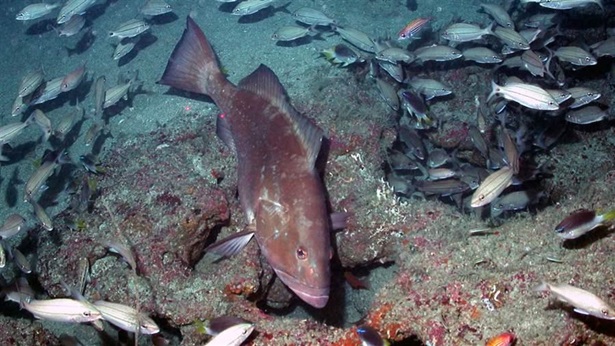
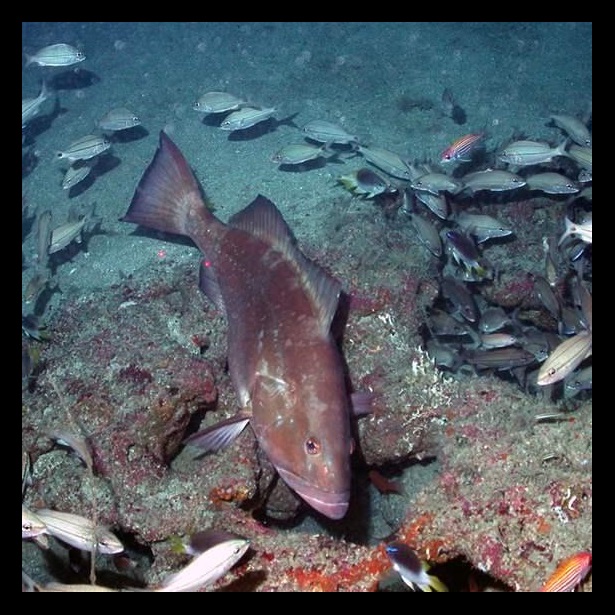
Federal Bill Would Be Giant Step Backward for U.S. Fish Populations
